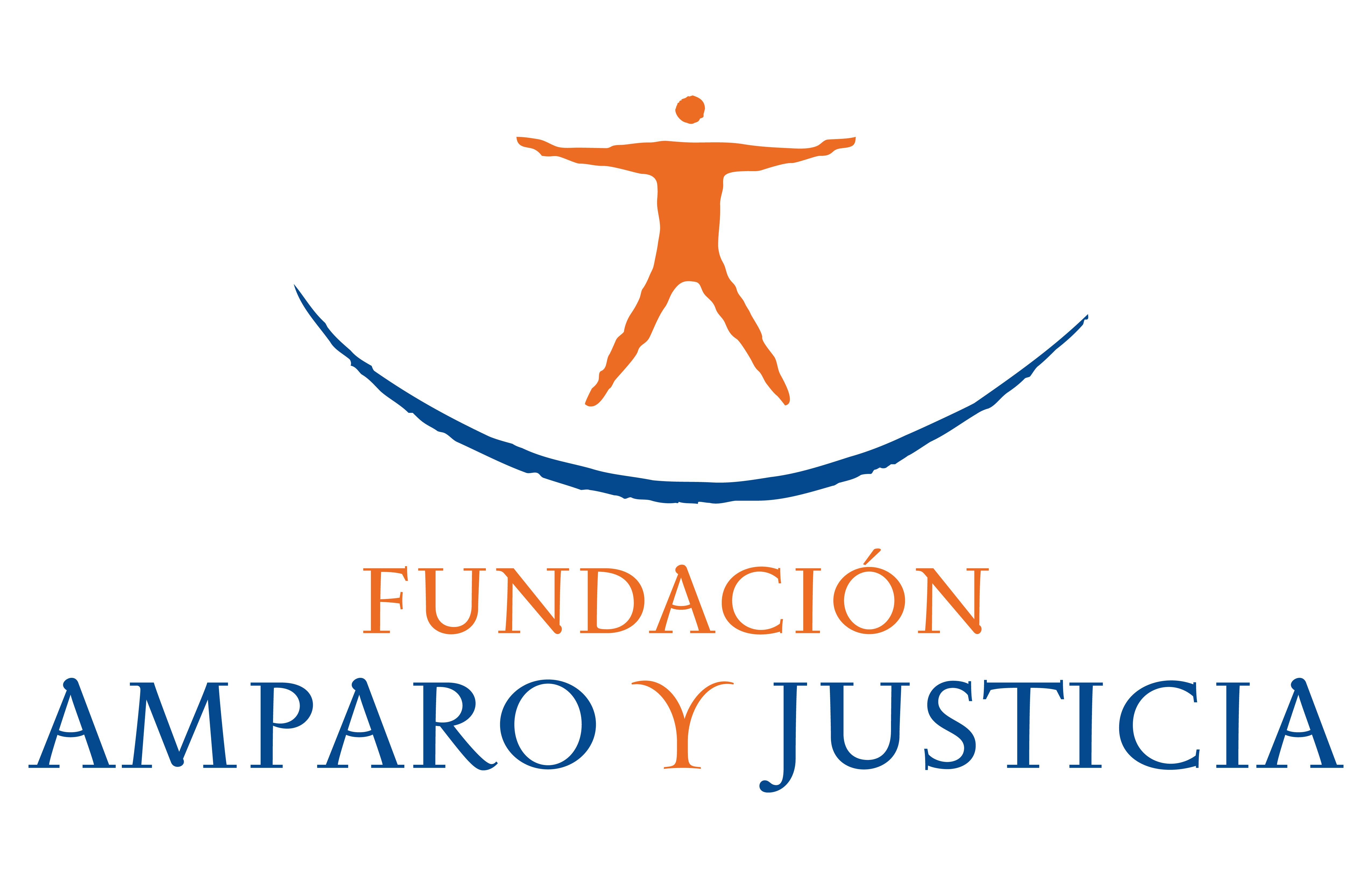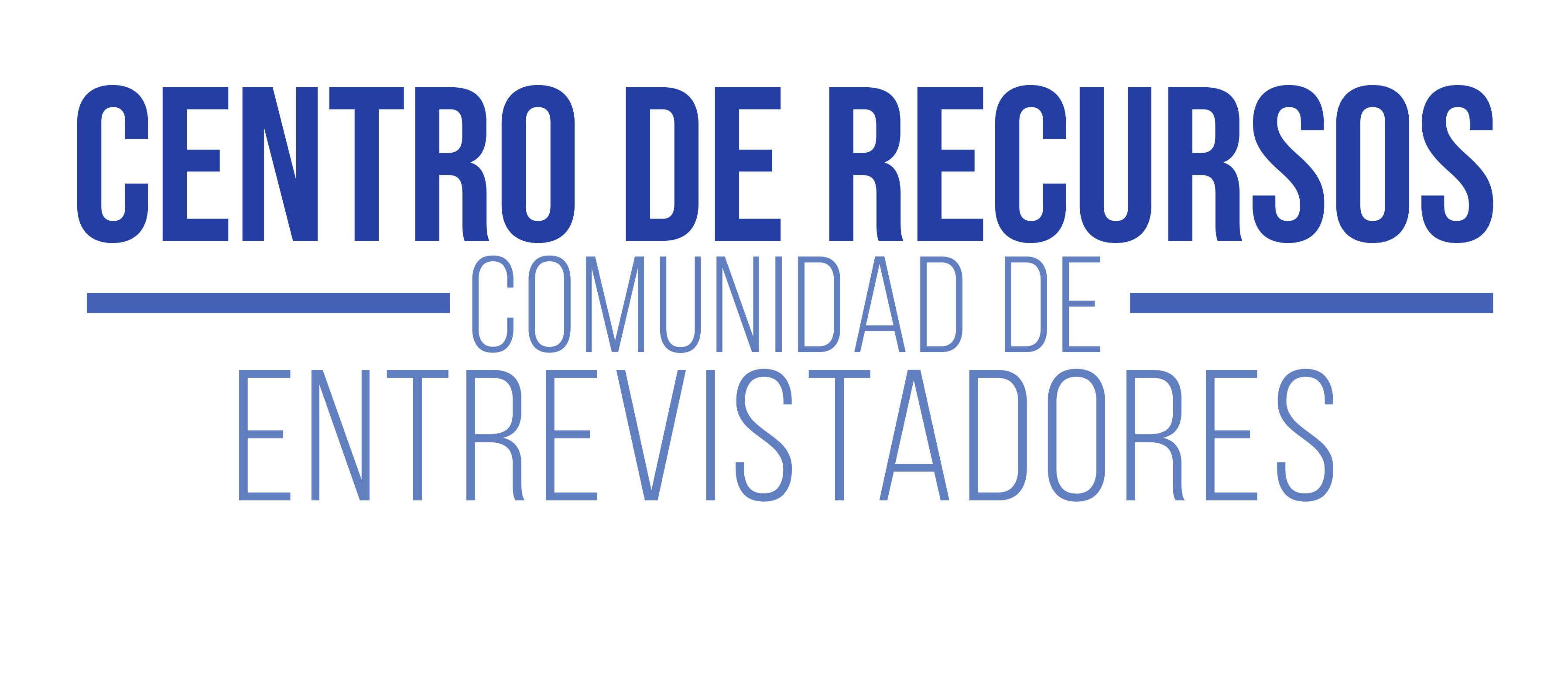#DontAskMeAgain
How should I act if I find out about a sexual crime against children or adolescents?
Disclosure
What to do when a child or adolescent tells me they have been a victim of a crime?
Welcome them with phrases like: “What do you need? How can I help you?”
Stay calm and avoid being startled.
Ensure their privacy in a protected space, free from third-party presence.
Adjust your body posture to match the child’s height, adopting an attentive and listening attitude.
Provide a trusting atmosphere and treat them with dignity and respect, reassuring them they are not alone.
Listen attentively, allowing the child or adolescent to narrate what happened, respecting their silences and pauses.
Do not question their testimony or make judgments.
Avoid asking for additional details that may retraumatize them.
Do not request that they recount the incident to someone else.
Ensure that their account will not be shared with their peers or acquaintances.
Maintain the confidentiality of the conversation.
Reassure them that you will find a way to help.
File the report with the appropriate authorities, without the need to bring the child or adolescent.
Remember that specialized experts will conduct interviews during the criminal investigation to gather detailed information about the situation.
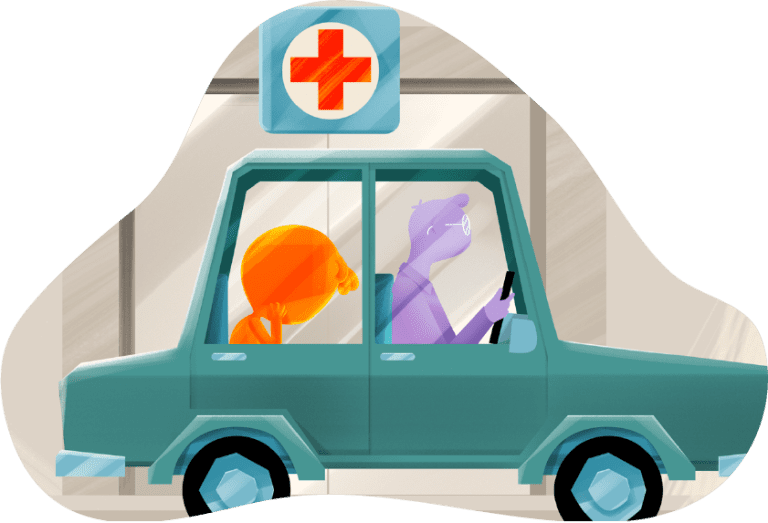
What to do if the child or adolescent needs urgent health care?
If urgent medical care is required, the child, minor, or adolescent should be promptly taken to a healthcare facility.
The report can be made at the same health center by contacting the on-duty supervisor, ensuring all confidentiality and protection measures, so no further questioning is done beyond what the care protocols require. Ideally, the person who received the account should continue accompanying the child or adolescent.
File a Report
Where to Report?
You can file a report at any of these institutions. If you go to any of these places, the officials cannot refuse to accept the report. They must not refer you to another unit or institution:
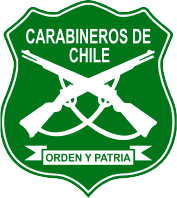
(National Police)
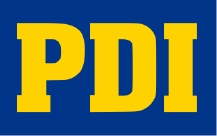
(Investigations Police)
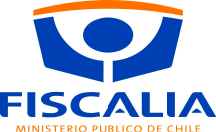
Public Prosecutor's Office
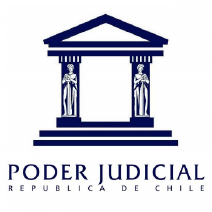
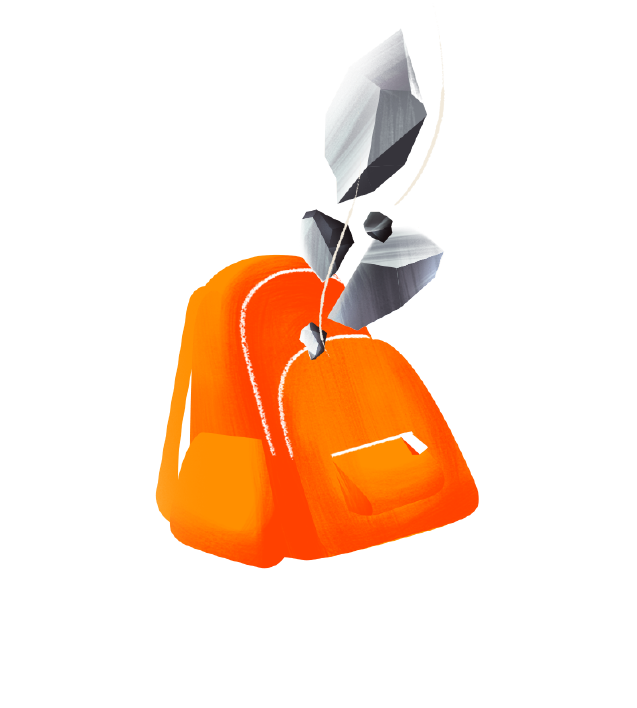
- Carabineros de Chile
(National Police)- You can call FONO NIÑOS 147, this is a free telephone service where children and adolescents can report when they feel their rights have been infringed.
- You can also go in person to the nearest police station.
Find it here - Or call 133 for guidance.
- Investigations Police (PDI)
- You can go to the nearest PDI station.
Find it here
- You can go to the nearest PDI station.
- Public Prosecutor’s Office (Ministerio Público)
- You can go to the local prosecutor’s office where the incident occurred or to the one you find most convenient based on your location.
Find it here
- You can go to the local prosecutor’s office where the incident occurred or to the one you find most convenient based on your location.
- Criminal Courts
- You can go to a court with criminal jurisdiction.
Find it here
- You can go to a court with criminal jurisdiction.
Is it necessary for the child or adolescent to file the report?
THE PARTICIPATION OF CHILDREN AND ADOLESCENTS IS VOLUNTARY, and they cannot be forced to file the report.
The adult filing the report can do so without the victim present.
If the child or adolescent wishes to file the report, their voluntary participation, privacy, and safety must be guaranteed.
Parental authorization is not required to file the report.
Carabineros de Chile (National Police), Policía de Investigaciones (Investigations Police), Fiscalía or Ministerio Público (Public Prosecutor’s Office) and Poder judicial (The Judiciary) are legally required to accept the report.
If any of these institutions refuse to accept the report or refer you to another institution, a complaint should be filed with their Information, Complaints, and Suggestions Office (OIRS) or a similar entity.
What Happens During the Report Process?
Officials must provide dignified and respectful treatment and always inform the rights and steps to follow.
The participation of the child or adolescent in the report is voluntary and they cannot be forced. If preferred, they may attend without an adult. Similarly, the responsible adult can attend without the victim.
The report must be made in a protected and private space, separate from areas where other people are present.
The official taking the report must record verbatim all verbal and non-verbal expressions of the child or adolescent. They cannot ask how the events happened or who participated.

Investigation
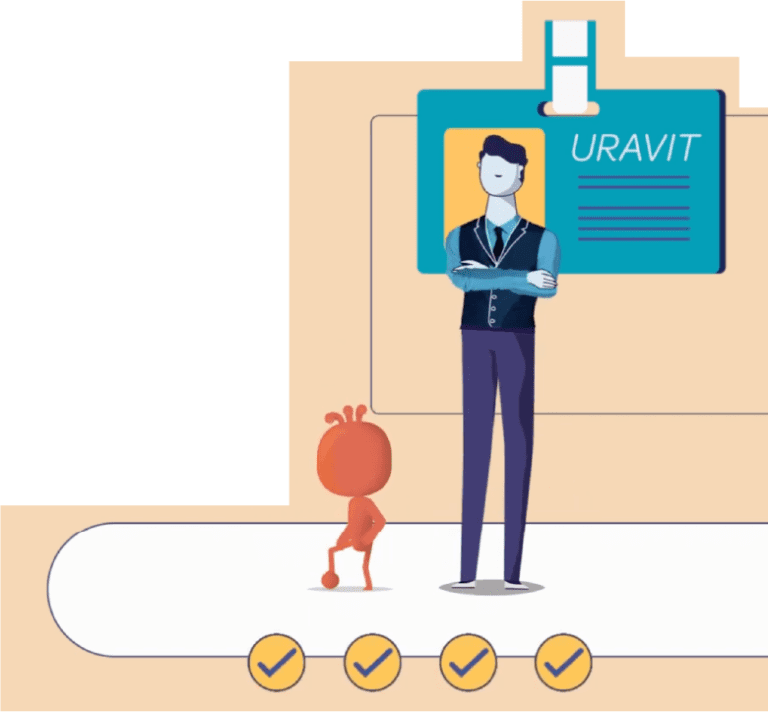
What Happens After Filing the Complaint?
After filing a complaint, an expert from the Regional Units for Victim and Witness Assistance (URAVIT) at the Public Prosecutor’s Office will contact the child, adolescent, or the responsible adult to assess if they are ready to participate in an investigative recorded interview.
During this interview, they will be asked questions to better understand what happened and help resolve the issue. Before the interview, the professional will ensure the person is in good physical and mental condition to speak.
What is an investigative video-recorded interview?
It is a stage of the investigation process that occurs after the report of a crime, when the prosecutor deems it necessary. This interview is voluntary for the child or adolescent and is conducted by someone trained to ask questions and obtain accurate information. Since this conversation is recorded by a camera and microphone, the victim is required to attend as few times as possible to talk about the crime. All materials are carefully safeguarded to protect the rights of children and adolescents.
This process is regulated by Law 21.057, which “regulates video-recorded interviews and other protective measures for minors who are victims of sexual crimes.”
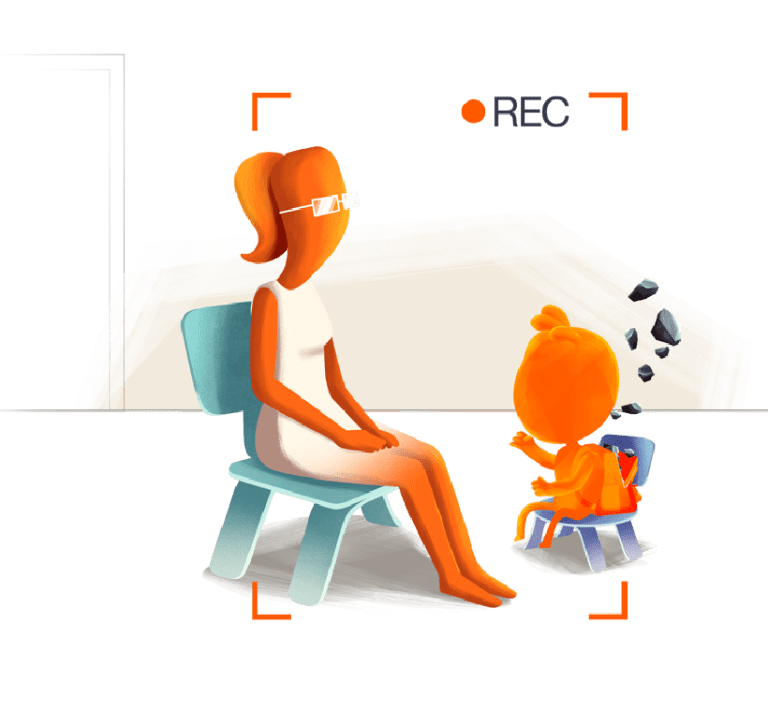

Thanks to this law, the State ensures that children and adolescents participating in the Criminal Justice System receive proper protection and care from specially trained officials.
What are the objectives of Law 21.057 on Recorded Interviews?
Obtener información precisa y detallada sobre un presunto delito a través del relato del niño, niña o adolescente, buscando afectar lo menos posible a quien entrega la declaración.
Reducir la cantidad de interacciones que los niños, niñas y adolescentes tienen con personas e instituciones del sistema judicial, buscando prevenir la victimización secundaria de niños, niñas y adolescentes que hayan sido víctimas de delitos sexuales y otros graves.
Evitar toda consecuencia negativa que puedan sufrir con ocasión de su interacción, en calidad de víctimas, con las personas o instituciones que intervienen en las etapas de denuncia, investigación y juzgamiento de los delitos.
Resguardar los derechos de la infancia y adolescencia asegurados en la Constitución Política de la República, en la Convención sobre los Derechos del Niño y en los diversos estándares internacionales para la protección de niños, niñas, y adolescentes víctimas y testigos de delitos de carácter sexual.
Trial
What Happens During the Trial?
During the trial, measures are taken to protect children and adolescents who are victims or witnesses. These measures are designed to keep them safe and protect their identity, mental health, and physical well-being.
At this stage of the process, a trained and accredited person is appointed to interact with the child or adolescent while they provide their testimony. The testimony is taken in a specially designed room similar to the one used for the Investigative Recorded Interview.
The child or adolescent will not have contact with the people in the courtroom. The prosecutor, defendant, defense attorney, and plaintiff submit their questions to the judge, who communicates them to the intermediary. The intermediary then rephrases the questions in an age-appropriate and understandable manner using an audio device similar to those used by television presenters.
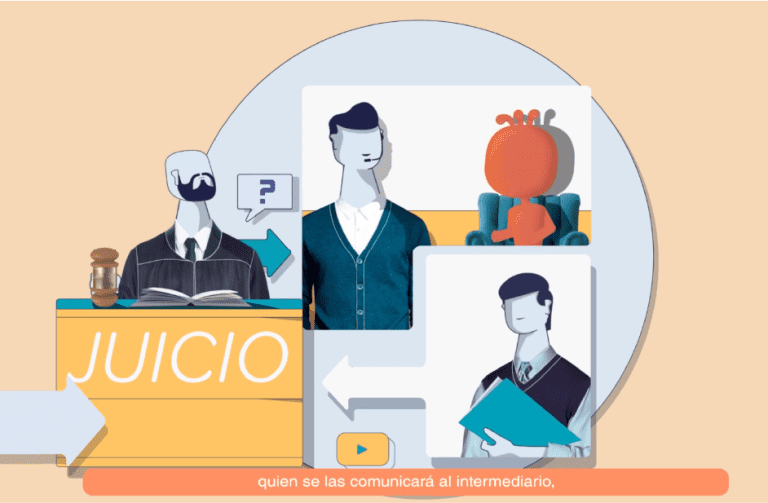
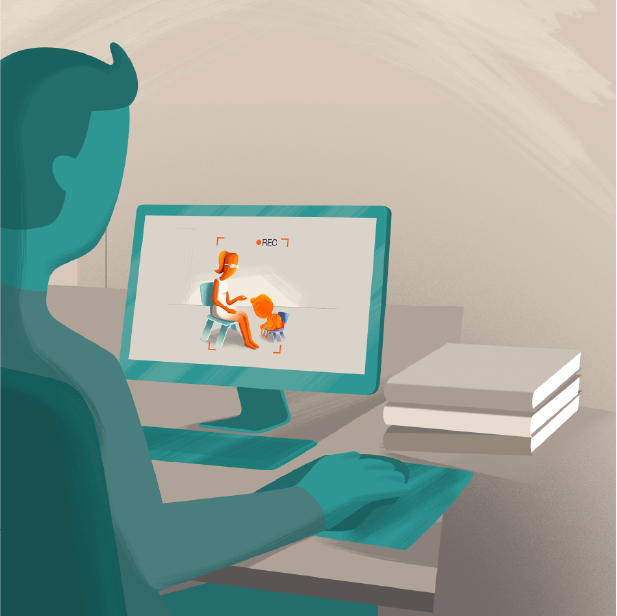
Useful Links
Sources
• Ministerio de Educación (Ministry of Education).
• Superintendencia de Educación (Superintendence of Education).
• Ministerio de Justicia y Derechos Humanos (Ministry of Justice and Human Rights).
• Defensoría de la Niñez (Child Protection Agency).
• Ministerio Público (Prosecutor’s Office).
